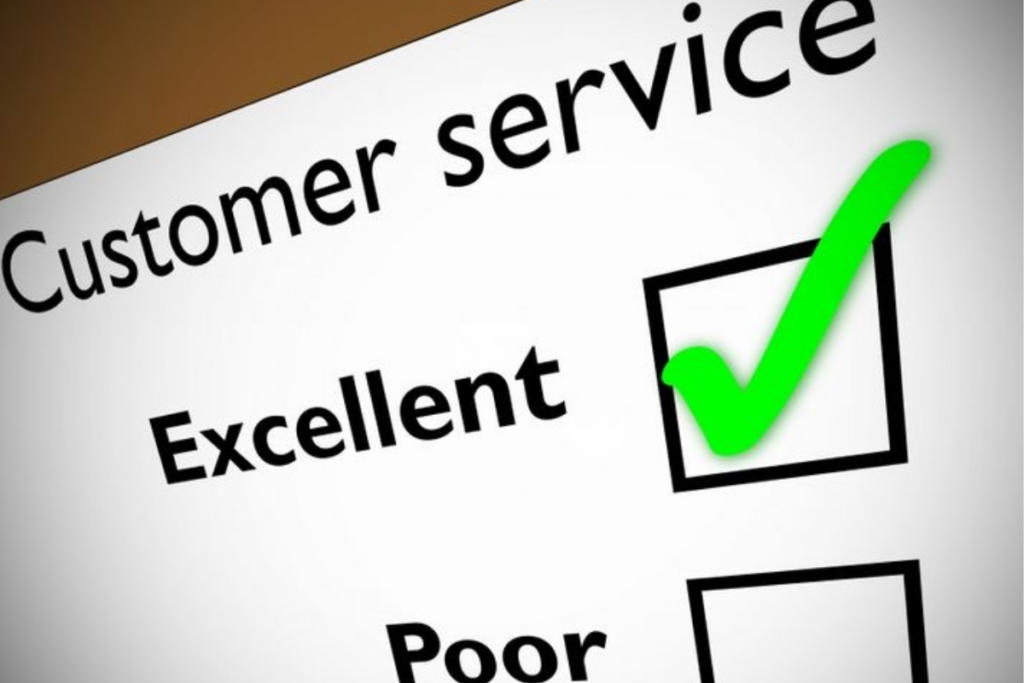Over the years, America has developed a tipping culture. Tipping is a widely practiced custom. At first, customers voluntarily gave extra money to service workers, such as waitstaff, bartenders, and delivery drivers, as a gesture of appreciation for good service.
In recent years, many restaurants in the U.S. have stopped using traditional tipping. Instead, they add service fees and sometimes adjust prices based on demand to pay their staff. Now, people wonder if eliminating tipping could make eating out cheaper for everyone in the country.
Changes to Tipping in Restaurants
Tipping has been a common practice in American restaurants for a hundred years. However, things might be about to change. During the COVID-19 pandemic, a lot of people had to rely on their cooking skills.
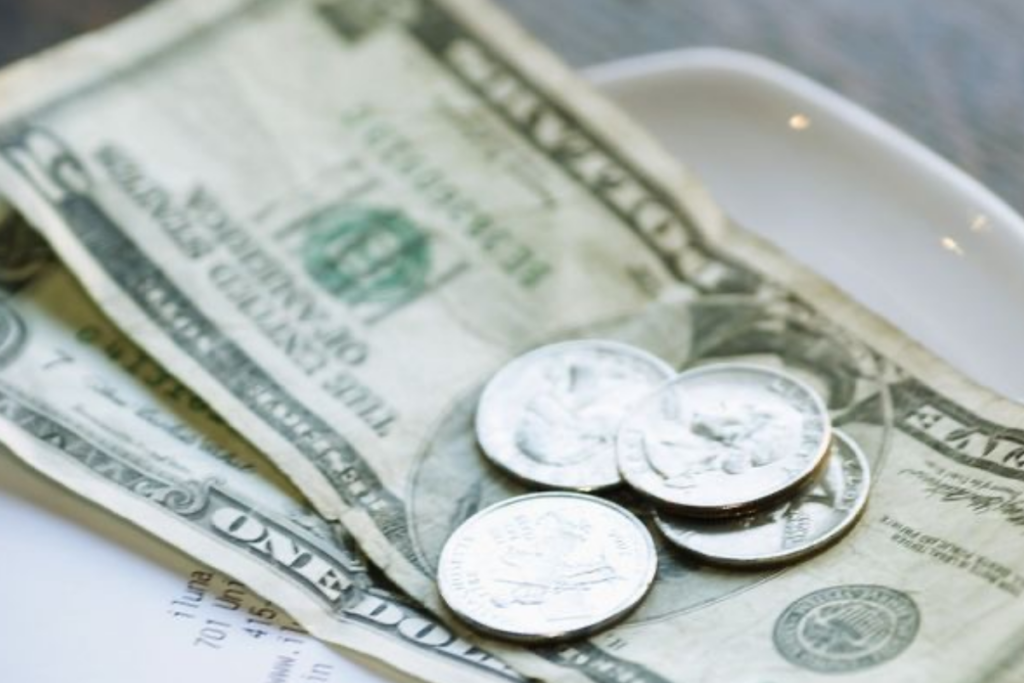
Many people had to have homemade meals since they couldn’t eat out except they had takeouts. In response to the COVID-19 pandemic, restaurants are trying new ways to operate. They’re testing things like adjusting prices based on demand and eliminating traditional tipping.
Tipping Culture: A New Approach
Some restaurants are trying a different method to remove the need for tipping. Instead of relying on tips, they’re adding a mandatory service fee.
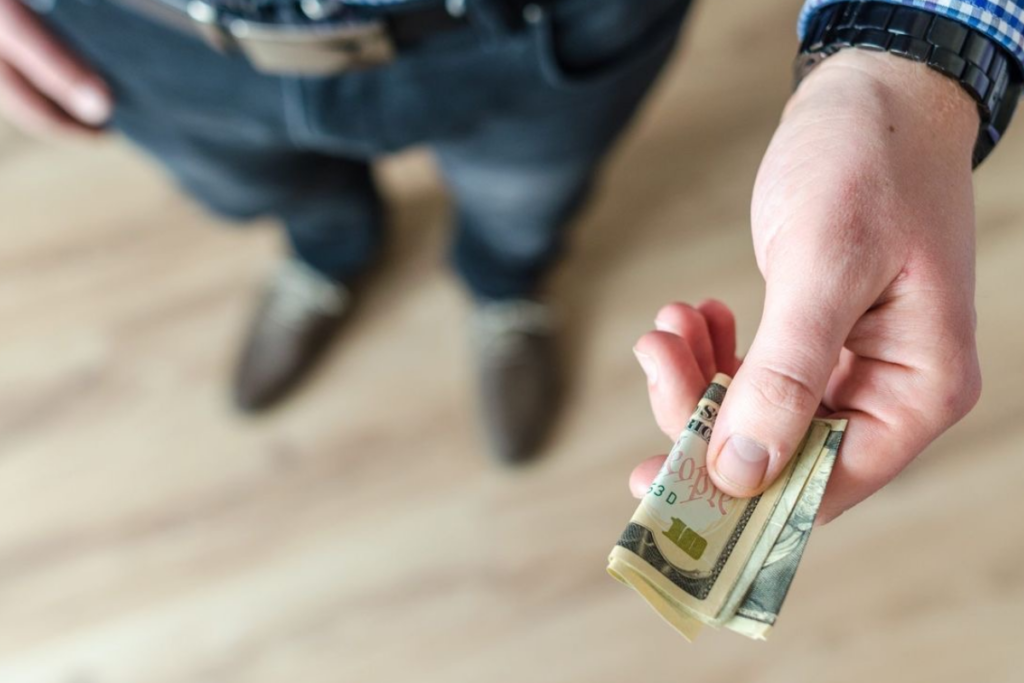
This fee helps guarantee that servers and other front-of-house staff receive fair wages directly from the restaurant. They do it this way so customers don’t feel obligated to leave a tip.
Some Customers Disapprove of Mandatory Service Fees
Not every restaurant or business succeeds with mandatory service fees. Many customers are used to tipping based on the quality of service they receive, so requiring diners to pay a service fee regardless of the service they receive could lead to strong negative reactions.
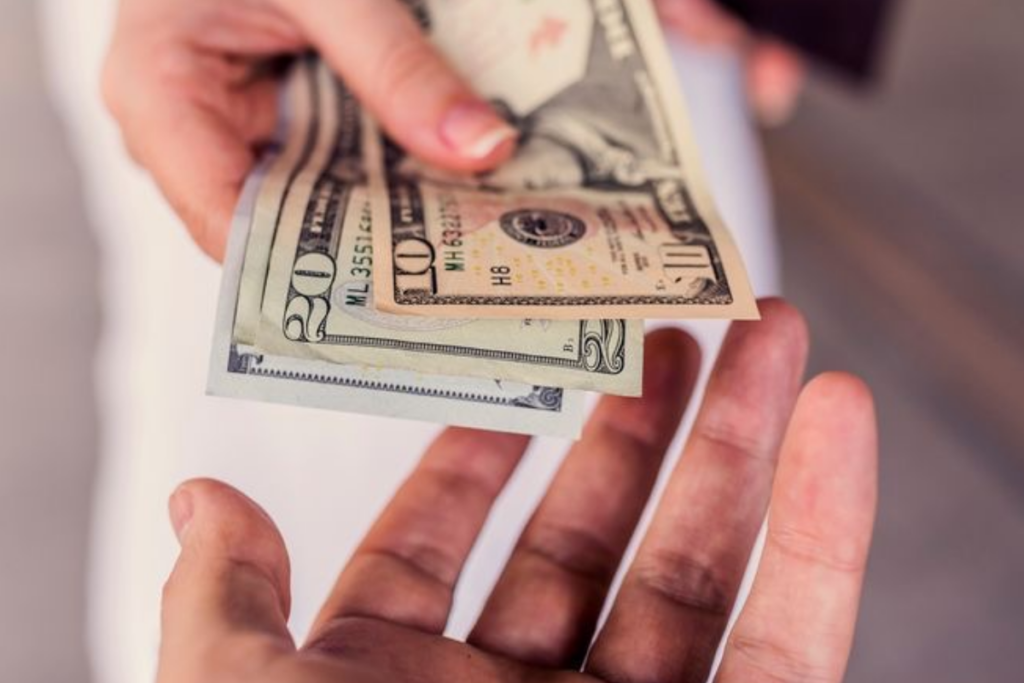
Many customers only want to give a tip when they want to or are satisfied with the service they receive. Mandatory service fees have caused businesses to lose some of their regular customers.
Alternative Ways Restaurants Can Compensate Servers Besides Tips
If restaurants choose to stop relying on tips, they must find other ways to ensure servers receive fair pay. If they increase wages directly, it might be seen as too expensive. The cost of production, or the cost of rendering services, will increase. And to make a profit, they will have to increase the cost of food.

If restaurants choose to stop relying on tips, they must find other ways to ensure servers receive fair pay. If they increase wages directly, it might be seen as too expensive. The cost of production, or the cost of rendering services, will increase, and to make a profit, they will have to increase the cost of food. As such, many restaurants are exploring innovative strategies to avoid expensive food while ensuring their staff are adequately compensated. They want to do this without relying on customer tips.
A “South Park” Restaurant, Casa Bonita, Made a Major Policy Shift
Casa Bonita, a well-known restaurant in Lakewood, Colorado, has made a significant change. The restaurant, made famous by its association with “South Park” creators Matt Stone and Trey Parker, recently made a major change.

According to a report by the University of Colorado Boulder, it no longer allows customers to leave tips. Instead, the restaurant has started selling tickets to cover its expenses.
Ticket Prices Won’t Lower Your Dining Costs
If you have plans to visit Casa Bonita, don’t expect the dining costs to be cheap. If you are looking forward to enjoying the live mariachi music and delicious food at this Colorado restaurant, you’ll need to buy tickets. These tickets are priced at approximately $40 for adults and $25 for children.

While these tickets do cover gratuities, they don’t significantly reduce overall meal expenses. Some argue that if this ticketing system became widespread, it could potentially increase the total amount customers pay.
Colorado Professor Supports Removal of Tipping in Restaurants
In an interview with CU Boulder, Professor Jeff Zax expressed his satisfaction with the new change. He was pleased with the decision to eliminate tipping at establishments like Casa Bonita. Professor Zax strongly criticized tipping as an inefficient way to compensate workers and stated that eliminating it could benefit the economy.

The professor said, “Tipping is the dumbest form of compensation there is. I think the economy would be healthier without it altogether.” He praised Casa Bonita for taking this step and also expressed a wish that more restaurants would follow suit.
The Practice of Tipping is Unlikely to Vanish Completely
At the end of the interview, the professor was asked a question. He was questioned about whether tipping will ever completely disappear from the service industry, particularly in the United States.

Professor Jeff Zax responded, “I really wish it would! However, I doubt it. Tipping has proven to be remarkably enduring.”
Dynamic Pricing Seeks to Replace Tipping in Restaurants
Many restaurants are trying several alternatives to the traditional tipping culture. Some are trying dynamic pricing. At the end of the day, they all have one major goal: maintaining high revenue levels so that restaurants can afford to pay their staff better wages.
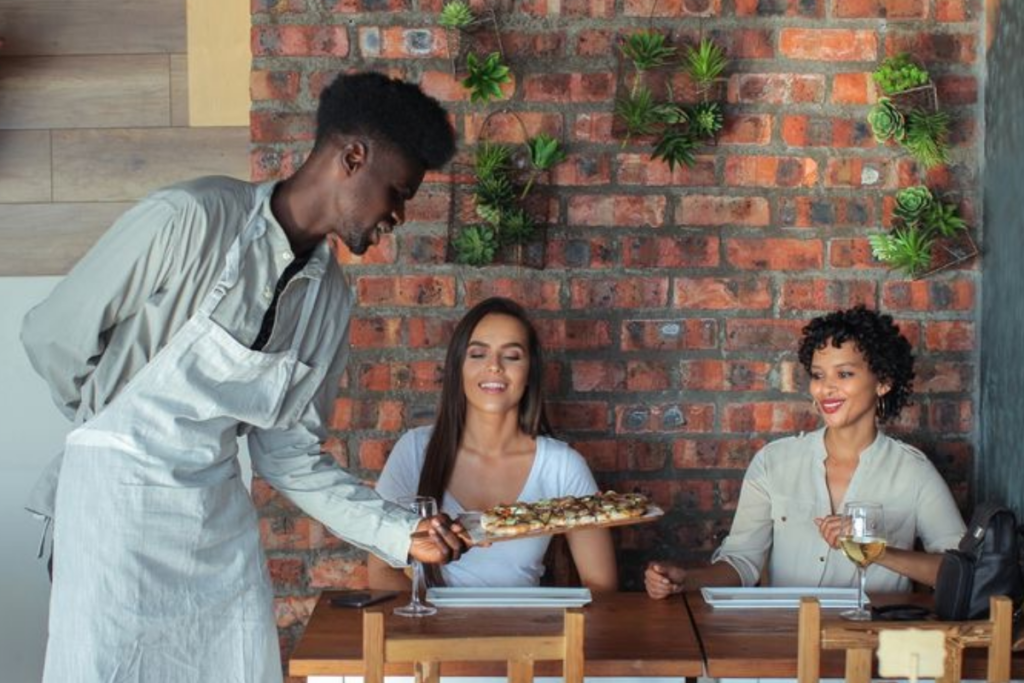
Dynamic pricing means that menu prices may increase during busy times like weekends. There could also be higher prices during weekdays when there’s a lot of demand. While this strategy has proven effective in some cases, many people in the United States believe it’s unjust.
Restaurants Shift From Tips to Service Fees and Dynamic Pricing
Even as restaurants move away from traditional tipping, they are using other methods. They are adopting service fees, ticketing systems, or flexible pricing to ensure fair compensation for their front-of-house staff.
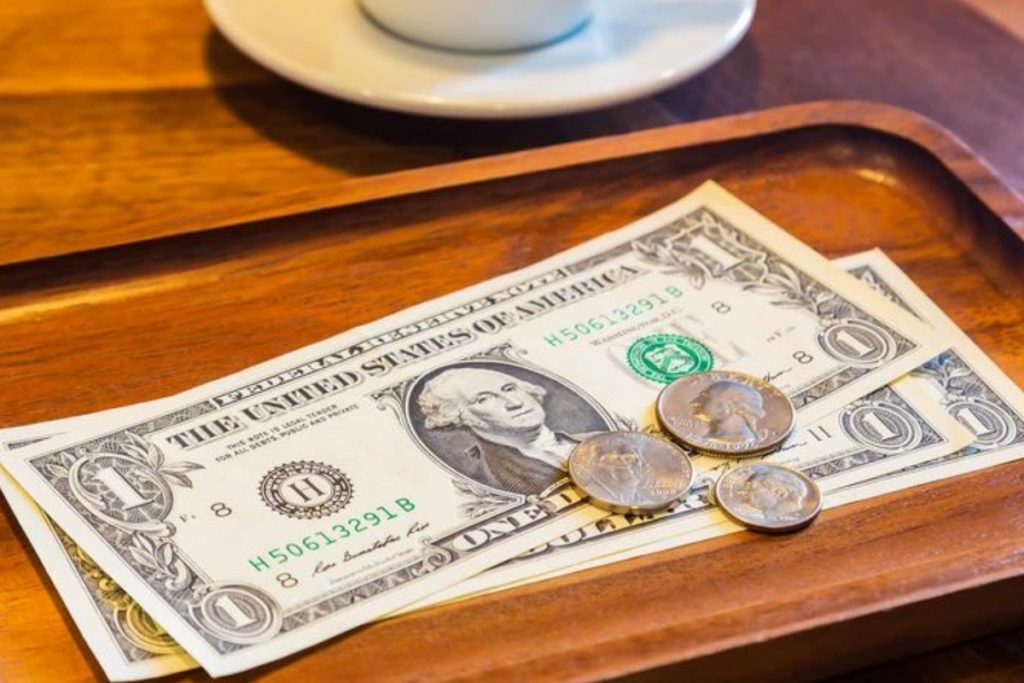
This shift aims to provide servers and waitstaff with a stable income. This income proves to be better than depending on tips from customers, which can vary widely from shift to shift.
Can Removing Tips Reduce Your Restaurant Bill?
The debate over whether removing tips will decrease diners’ payments remains unsettled. It’s doubtful that eliminating tips will significantly lower customers’ costs.

Restaurants opting out of tipping will likely introduce service fees and adjust prices dynamically. This suggests that any potential savings for diners might be minimal over time. However, the shift could lead to a more equitable industry for restaurant servers.

